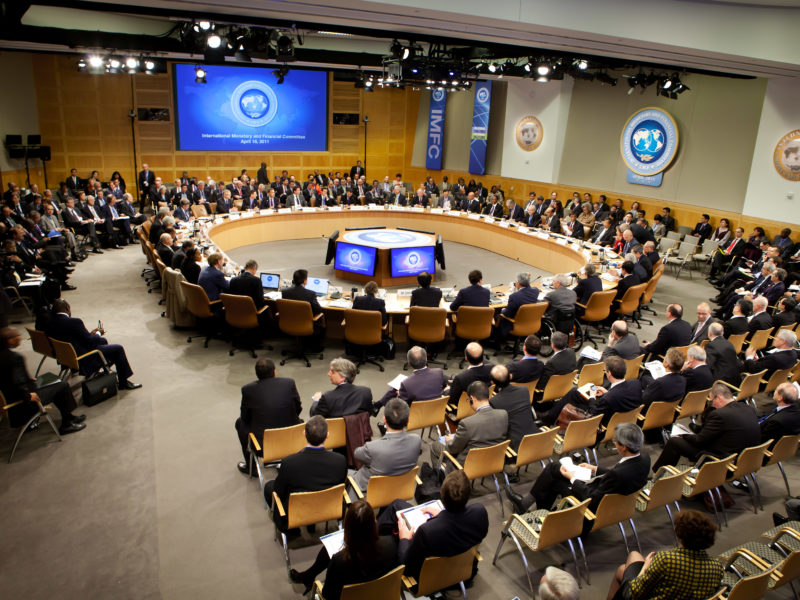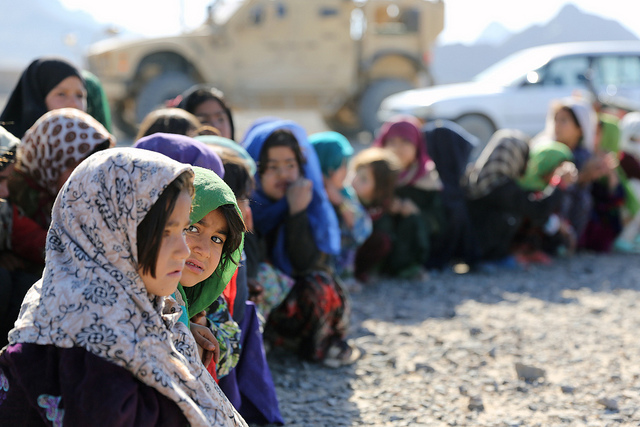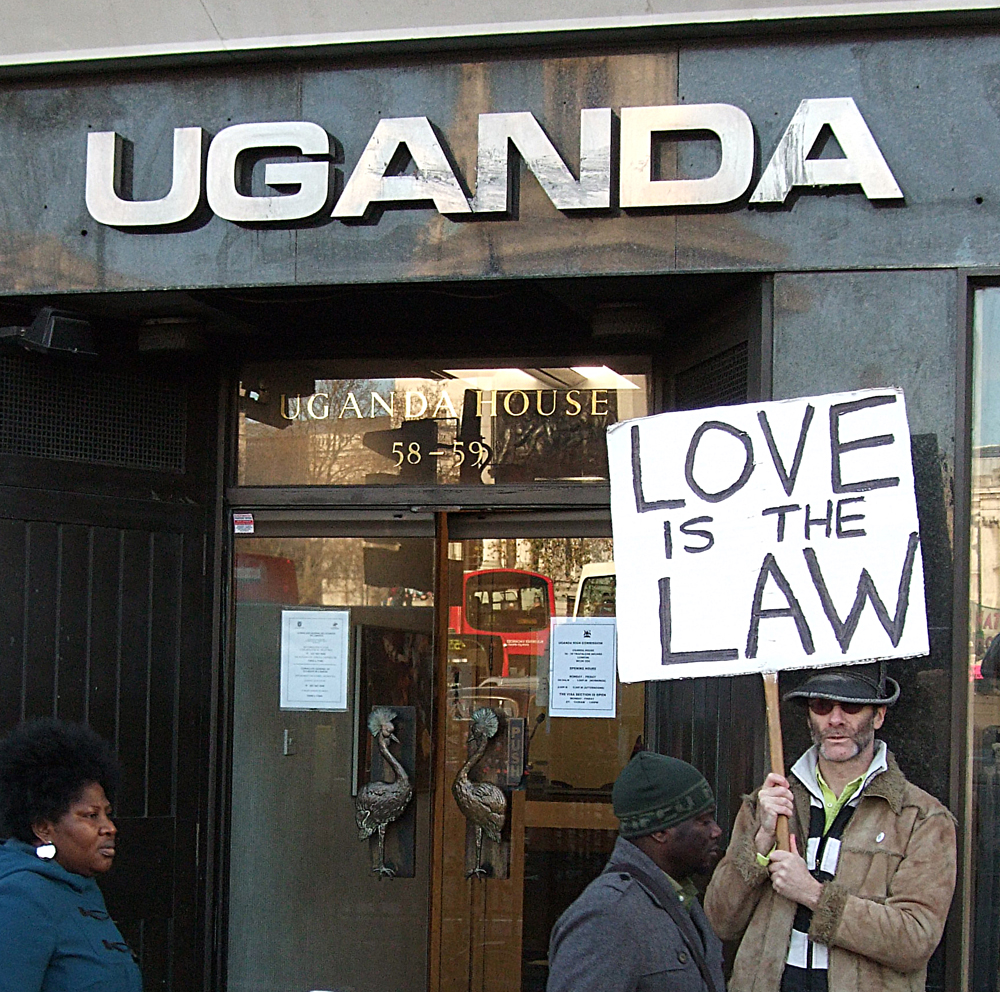Guest post by Brett L. Carter
The African continent is confronting the prospect of a new debt crisis. The COVID-19 pandemic wreaked havoc on government finances. The Russian government’s war against Ukraine has increased the cost of food and energy, and compelled investors to sell off government bonds in emerging markets. Rising interest rates in the United States will increase the cost of borrowing. The Chinese economy is struggling under the weight of Xi Jinping’s “Zero COVID” policy and accumulated real estate debt. In 2015, the International Monetary Fund announced that eight countries were in debt distress. By March 2022, 23 were. In June, public debt ratios reached a 20-year high. Africa’s debt-distressed governments “are unlikely to default” in 2022,” The Economist observed, “but face trouble by 2024.” There is some evidence that the debt crisis is especially acute for Africa’s non-democracies.
The impending debt crisis coincides with a general sense that Africa is experiencing a democratic recession. Voters are increasingly subject to intimidation and violence. Incumbent presidents are removing term limits. The longstanding norm against military coups is fading.
Can international donors use the prospect of debt relief to constrain repressive governments and ultimately help stem the democratic recession? In a recent article in the Journal of Conflict Resolution, I argue that they can.
Since the Cold War ended, Western donors have routinely attached “good governance” conditions to development aid in the hopes of strengthening democratic institutions. Their track record is mixed. But the prospect of debt relief is likely more enticing to repressive governments than the threat of withholding development aid. First, development aid is driven partly by the economic interests of key electoral constituencies in Western democracies, especially farmers, who are effectively subsidized by agricultural aid budgets. This is one reason why Western governments routinely overlook human rights violations by recipient governments. As a result, threats by Western governments to cut foreign aid in response to human rights violations are often not credible. Debt relief, by contrast, has no similar electoral constituency in Western democracies. Second, even if the threat of lost aid is credible, those threats only constrain repressive governments if development aid subsidizes a government’s investments in its own political survival, such as patronage or the security apparatus. Third, debt relief is often much more valuable, especially during financial crises, when external debt can be equivalent to GDP, debt service payments can reach 2 or 3 percent of GDP, and governments are locked out of private lending markets.
A good example of how debt relief can be used to constrain repressive governments is the Heavily Indebted Poor Countries (HIPC) Initiative, which the International Monetary Fund (IMF) and World Bank launched in the 1990s “[free] up resources for social spending.” As the IMF observed: “For debt reduction to have a tangible impact on poverty, the additional money needs to be spent on programs that benefit the poor.” Therefore, candidate governments must satisfy good governance requirements, which ostensibly ensure that, after debt relief, governments direct money to anti-poverty programs that would otherwise have gone to debt service.
Debt relief through HIPC was so valuable to governments that they made deep concessions to secure it. For instance, by 2004, the Republic of the Congo had one of the world’s most substantial debt burdens per capita. President Denis Sassou Nguesso, who has ruled for all but five years since 1979, permitted quarterly audits of the state oil company, removed his son from the oil apparatus, hired lobbyists to press his case in Washington, corrupted a senior IMF official. Human rights abuses during the period of debt relief negotiations tended to be more targeted and less indiscriminate.
The IMF and World Bank initiated HIPC debt relief negotiations with relatively little regard for governments’ human rights records. Since 1996, of the 34 African countries that met the economic conditions for debt relief, the Bretton Woods institutions granted full, irrevocable debt relief to 31, including virtually all of Africa’s most repressive governments. Crucially, governments with worse human rights records were subjected to longer negotiation periods, which entailed heightened scrutiny of their governance records by Bretton Woods negotiators.
In my research, I found that, during debt relief negotiations, African governments were between 10 and 30 percent less likely to repress citizens—both in autocracies and democracies, and even when governments confronted sustained protests. And the more severe the debt crisis, or the higher the government’s external debt/GDP ratio was, the more debt relief negotiations constrained repression. Debt relief negotiations were as short as three months for several Western darlings and as long as 12 years for governments with checkered economic and human rights records.
International creditors will soon decide how to respond to Africa’s new debt crisis. The HIPC debt relief program constrained repressive governments, but these effects were limited to the period of negotiations. International creditors must consider how to design debt relief agreements that “lock in” concessions that recipient governments make during negotiations. There are ways to tackle this. Debt relief could be made conditional on certain conditions and reinstated if the recipient government violates those conditions. Or debt relief could be offered incrementally—that is, it could be forgiven slowly, over longer periods of time, with further forgiveness conditional on sustained performance.
If international creditors cannot ensure the durability of concessions made by repressive governments during the next round of debt relief, they risk propping up financially imperiled governments with long records of economic mismanagement and human rights abuses.
Brett L. Carter is an Assistant Professor at the University of Southern California and Hoover Fellow at Stanford University.






